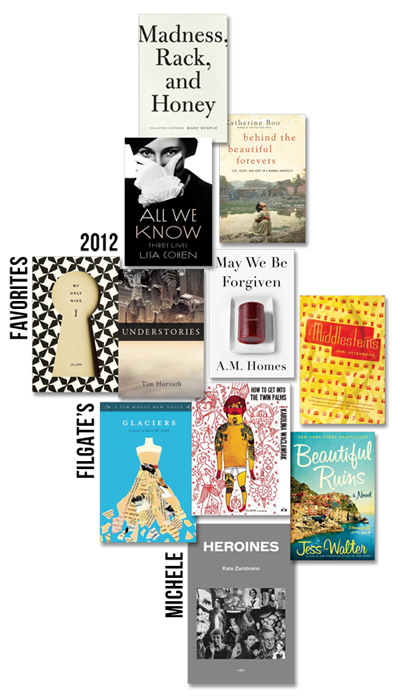


“A thing need not be factual to be true,” says Good, who used to run a small law firm and has represented residential school survivors. While she may have come to writing later in life, Good says fiction has given her the freedom to explore truths that transcend the evidentiary rigours of the legal process. Now an adjudicator, Good says she first began working on the novel about a decade ago while juggling her law practice and her studies at University of British Columbia’s creative writing program. The book won the Amazon Canada First Novel Award on Thursday and is up for a Governor General’s prize this coming Tuesday, earning Good the rare distinction of being a sexagenarian up-and-coming author. “Five Little Indians,” from HarperCollins Publishers, traces the intersecting journeys of a group residential school survivors in east Vancouver as they work to rebuild their lives and come to grips with their pasts. “The answer is in how that continues to play out, both with the survivor directly and intergenerationally and at a community level.” “The question, why can’t they just get over it? The answer isn’t in the horror of the abuse,” says Good, 64, from Savona, west of Kamloops, B.C. Good, a member of Red Pheasant Cree Nation west of Saskatoon, says she drew from these experiences in crafting her acclaimed debut novel, “Five Little Indians,” with a braided narrative that shifts focus from the historic infliction of harm to how Indigenous people carry that trauma with them into the present day.

Michelle Good says her book “Five Little Indians” is her response to a frustrating question that often comes up in discussions about Indigenous people and Canada’s residential schools: “Why can’t they just get over it?”Īs an advocate, lawyer and daughter of a residential school survivor, Good says the devastating long-term impacts of the government-run system are woven into the fabric of her life.


 0 kommentar(er)
0 kommentar(er)
